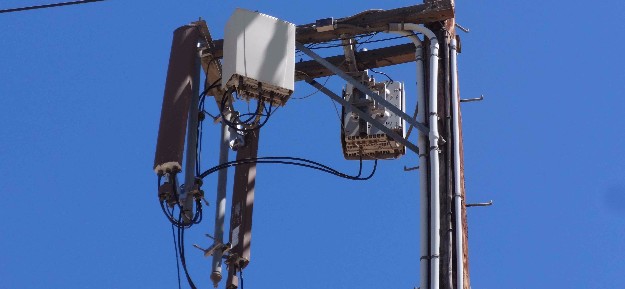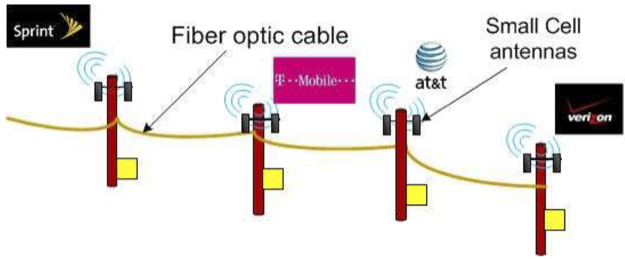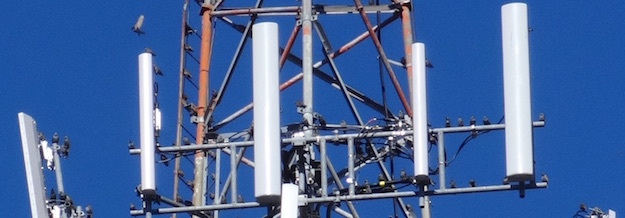Cable industry snags a side deal in California legislature's wireless giveaway
![Collin Knopp-Schwyn [CC BY 4.0 (https://creativecommons.org/licenses/by/4.0)], via Wikimedia Commons](https://www.tellusventure.com/images/2016/1/pole_attachment.jpg)
Another present was placed under the senate bill 649 Christmas tree this week. Language was added that would make it crystal clear that local governments in California can’t require cable companies to pay any fees or obtain any permits, beyond what’s allowed by state law, including particularly the digital infrastructure and video competition act (DIVCA) and SB 649.
It will probably have a relatively minor impact, assuming it’s not interpreted to ban routine construction approvals – building and encroachment permits, for example – which seems unlikely.… More


![Seo75 at the English language Wikipedia [GFDL (https://www.gnu.org/copyleft/fdl.html) or CC-BY-SA-3.0 (https://creativecommons.org/licenses/by-sa/3.0/)], via Wikimedia Commons](https://www.tellusventure.com/images/2017/5/pelican_streetlight.jpg)
![By - G.F. Nesbitt & Co., printer [Public domain], via Wikimedia Commons](https://www.tellusventure.com/images/2017/4/gold_rush.jpg)


